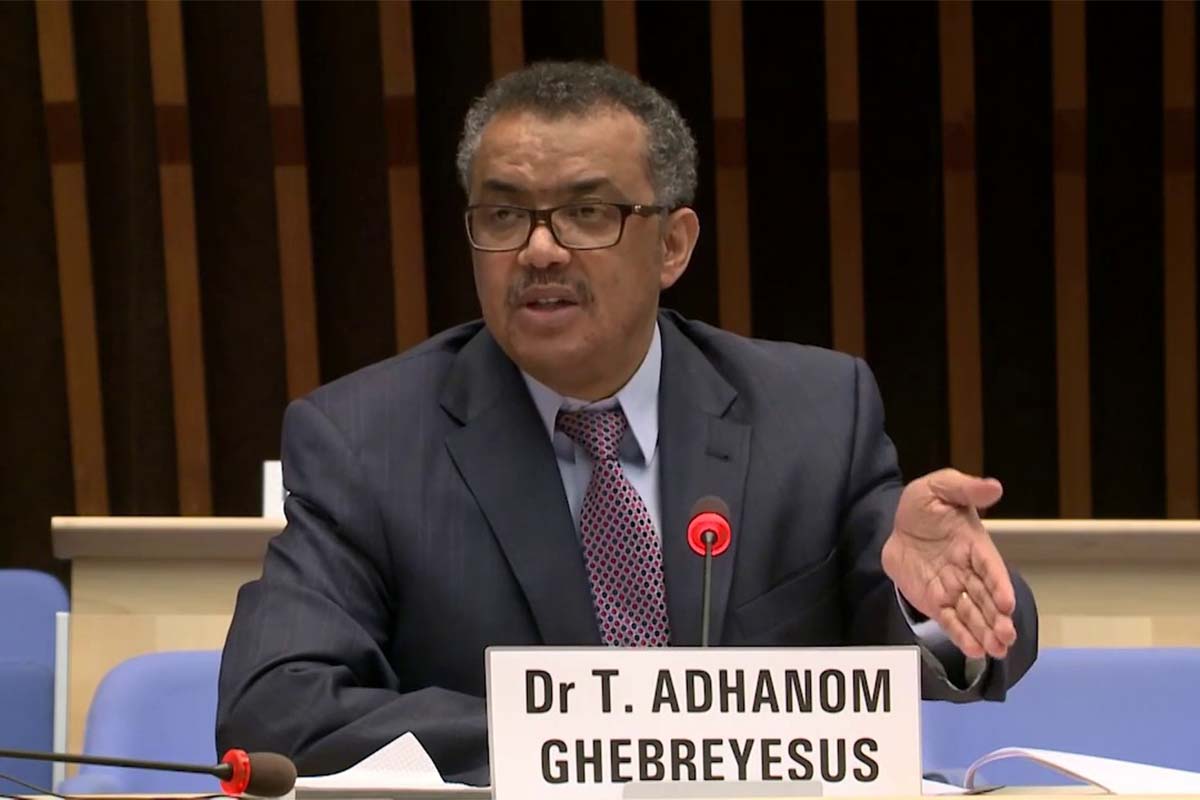WHO adds single-use HPV vaccine

WHO announced that the use of Cecolin, the fourth WHO prequalified human papillomavirus (HPV) vaccine, has been confirmed for use in single-dose regimens. The decision was made based on new evidence that the product meets the criteria set out in the 2022 WHO guidelines for the alternative use of HPV vaccines in single-dose regimens. This important milestone will help improve the sustainable supply of HPV vaccines, allowing more girls to receive vaccines that prevent cervical cancer.
Tedros Adhanom Ghebreyesus, WHO director-general, said that “by adding another option to the single-dose HPV vaccination program, we have taken another step towards making cervical cancer a thing of history.”
More than 95% of the 660,000 cases of cervical cancer that occur each year worldwide are caused by HPV. Every two minutes, a woman dies worldwide from this preventable disease, and 90% of these deaths occur in low- and middle-income countries. Of the 20 countries most affected by cervical cancer, 19 are in Africa.
The HPV vaccine rollout has been hampered by global supply shortages since 2018, and production problems faced by one manufacturer earlier this year have led to further shortages that could affect millions of girls who need HPV vaccines in Africa and Asia.
“The goal of the first pillar of the WHO global strategy to eliminate cervical cancer is for 90% of girls to be fully vaccinated with the HPV vaccine by age 15,” said Dr. Kate O’Brien, director of the department. immunization, vaccines and biologicals, WHO. “Given ongoing supply challenges, the addition of a single-dose vaccine means countries will have a greater variety of vaccines to reach more girls.”
An increasing number of vaccine products that were originally prequalified for use in a two-dose regimen can now be used in a single-dose regimen. Single-dose indications for this additional vaccine, Cecolin®, are included in the second edition of the WHO technical document on HPV vaccine selection (shown in Table 4 of that document). As with other drugs and vaccines, when there is evidence to support a modified use, based on clear public health benefit, public health advisory bodies may recommend “off-label” use unless the manufacturer states so on your label.
Global data released on July 15, 2024 show that single-dose HPV vaccine coverage among girls aged 9 to 14 years increased from 20% in 2022 to 27% in 2023. In 2023, 37 countries used a single dose schedule. As of September 10, 2024, 57 countries were using the single-dose regimen. WHO estimates that the adoption of the single-dose regimen will result in at least 6 million girls receiving the HPV vaccine in 2023.
Earlier this year, countries and partners pledged nearly $600 million in new funding to eliminate cervical cancer. Funding includes $180 million from the Bill & Melinda Gates Foundation, $10 million from UNICEF and $400 million from the World Bank. Together with Gavi’s continued strong commitment, these investments will help accelerate uptake and increase coverage of the HPV vaccine among girls by 2030.
